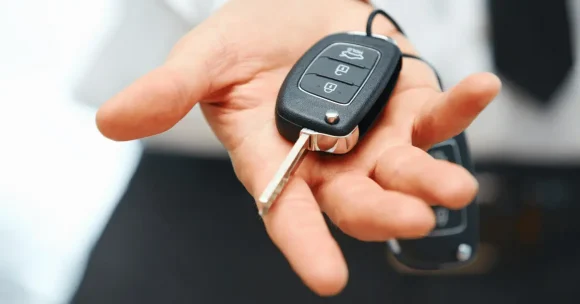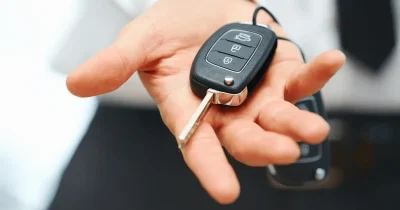Uber announced a bold new urban experiment. The ride-hailing service is urging car owners “to try a car-light lifestyle” by ditching their vehicles for five weeks. And $1,000 is up for grabs.
Why does this matter? Uber’s One Less Car Challenge will shed light on urban transportation habits. With more than 230 million private vehicles on US roads – 80 million of which are driven less than 10 miles daily – the impact of reducing car usage is significant.
Uber’s One Less Car Challenge
During the five-week trial from July 22 to August 25, up to 175 selected participants swap their personal car rides for alternate forms of transportation – walking, public transit, cycling, and rideshare.
Uber will also be giving the participants $1,000 to use these forms of transportation. The money can be used for public transit offerings, or for Lime e-bikes and e-scooters via the Uber App, as well as other forms of car rentals and rideshare.
The figure was decided based on the average monthly cost of vehicle ownership in the US, as per the data from the American Automobile Association (AAA).
How it works:
Uber is calling on vehicle owners in Los Angeles, Chicago, Washington D.C., Miami, San Francisco, Toronto, and Vancouver to join the challenge.
Selected participants will receive $1,000 to use on alternative transport. They will also need to document their experiences throughout the five weeks. Participants must:
- Have legal permissions to drive.
- Have a bank card (in order to use the Uber app).
- Be older than 18 and able to communicate in English.
- Have a smartphone and be willing to install apps for this study.
- In possession of a vehicle they use more than three times a week
- Comfortable with taking short videos of themselves to document the challenge.
Uber partnered with Behavioural Insights to measure the trial’s impacts.
ALSO READ: Uber reveals 2024’s most bizarre lost items
Lessons from Australia
This isn’t Uber’s first foray into car-free experiments.
The company conducted a similar trial in Australia last year, asking 58 participants to give up their cars for four weeks. The trial showed that participants were able to replace the majority of their car trips with alternative transport.
Participants received a total of AUD1,350 ($870) in transport credits.
According to the World Economic Forum, “walking was the biggest replacement for personal car use, increasing 75%, while the largest proportional gains were cycling and rideshare increasing 4-5 times.”
It’s likely due to the success of this experiment that the challenge has now been extended to North America and Canada.
About the author
Cheryl has contributed to various international publications, with a fervor for data and technology. She explores the intersection of emerging tech trends with logistics, focusing on how digital innovations are reshaping industries on a global scale. When she's not dissecting the latest developments in AI-driven innovation and digital solutions, Cheryl can be found gaming, kickboxing, or navigating the novel niches of consumer gadgetry.











